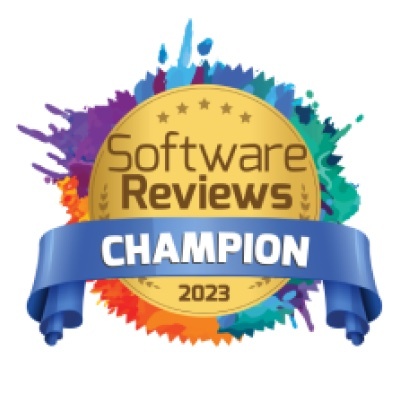Data lifecycle management is the process of utilizing policies in order to manage an organization’s flow of data. This is inclusive of the data’s entire life cycle. Management of data begins when it is first stored, all the way to when it is no longer relevant. When this occurs, the data needs to be archived or removed. This process is then repeated again and again to ensure that data is correctly defined, organized, and if need be, deleted. The operation is aptly named the data life cycle as it is essentially the full life of the data.
Clearing out a company’s data is important as irrelevant data can misinform insights and lead strategy in the wrong direction. The data may even be inaccurate which can prove to be detrimental to an organization. Additionally, when data is migrated, it is important to only move data that holds value and can help your company succeed.
In terms of data life cycle management policies, the process can be automated through the data lineage. This will make the organization of data smoother and error-free by easily tracing the data’s roots. You can clearly see the origin of the data and how it connects to other data points. This will make the organization of data smoother and error-free. Based on a specific set of policies and rules, data can be arranged into tiers, which can then be easily scanned and analyzed. Data life cycle management influences you to prioritize certain data and question whether or not the information should be deleted.

